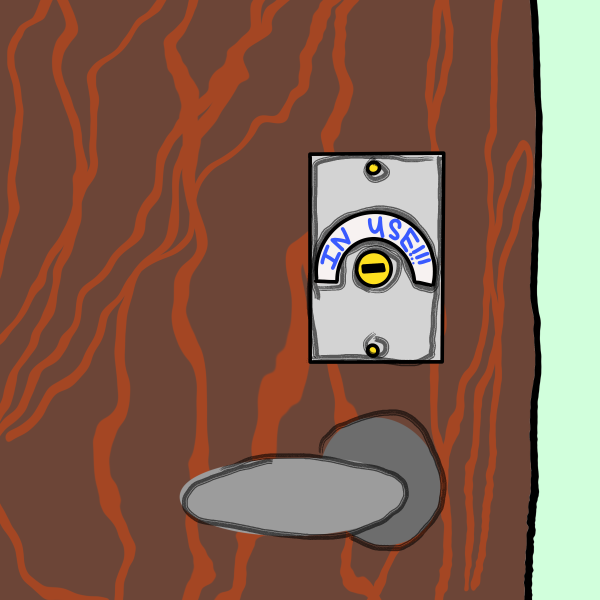Does college turn students into atheists?
My mother feared attending a secular university would rob me of my faith; perhaps she was right to.
October 7, 2018
Before I came to college, I was a Christian, homeschooled teenager. I grew up hopping from one church to another because all the Evangelical churches were too “contemporary” for my very religious mother, and all of the traditional Protestant churches were not “spiritual” enough. My school curriculum was written in the ‘50s, with history lessons that started with Adam and Eve and science books that did the same. I was told that secular schools were trying to push atheism and rob me of my faith.
If you’re a Christian kid, you might be familiar with the 2014 film, God’s Not Dead, in which Christian college students are being severly ridiculed for their “naive” beliefs by an atheist professor. Before I came to college, I heard so many stories gossiped around Christian tables of the unfortunate young people who dared attend a secular university. How they lost their faith because of a terrible secular climate that only seeks to brainwash religious people. For a time, I had no intention to attend a non-religious college myself.
Fast-forward to 2018, I have been at Hamline for three years now. I still don’t attend a church, or at least not regularly, and like my mom, I wouldn’t know where to go.
I couldn’t say whether or not Hamline is a breeding ground for robbing people of their religious faith. My own has been on the rocks for much longer, and I haven’t hung out with many religious people here at Hamline. Most students I have met have come from religious backgrounds, but either haven’t considered it a significant part of their life, or if they did, they didn’t want to attend a college that imposed religious courses.
When I visited Director of the Wesley Center Nancy Victorin-Vangerud in her office, she noted that from its beginning, Hamline has striven for religious diversity.
“At the time [when Hamline was founded] there were typically denominational colleges, so one of the things that Hamline has said from the beginning is that students can go to Hamline without requiring a certain creed or religious identity,” Victorin-Vangerud said. “So from that perspective, I think in our DNA and as a church-related college, we would see diversity as a strength.”
And the Chaplain seems to be right. Hamline has a vast student body of people from multiple backgrounds, beliefs and religions. I have yet to witness systemic discrimination towards religious people, and Hamline seems to want to support religious groups by providing programs and events for them. However, perhaps it isn’t discrimination or religious persecution that Christians and other religions fear. Perhaps the fear is rooted in something else. When I look at myself and other people who struggle with the faith from their childhood, it isn’t discrimination that shakes us. It is diversity itself.
Diversity of thought, religion, belief, right and wrong, truth, what is real and what isn’t… our self-identity. Religion, especially monotheistic religion, relies on the “fact” that there is one God, one Truth, and these religious factions survive by convincing their followers that it contains the closest thing to the Truth there is. To lose one’s faith seems to be when you’re not sure that’s true anymore.
Some people resolve this problem by shutting out different ideas and people from their lives. Like my mom tried to do when my siblings and I were children. She thought if she could keep us away from the world, we wouldn’t be influenced by the confusion of it. However, a door locked is always begging to be opened. And once you step through, you realize the world is much bigger than you thought, and not everything you believed turns out self-evident.
Perhaps that is the only thing we can have absolute faith in. That we are human, and we don’t know much of anything. But there is one thing we can know for sure: that we know a little more than we did yesterday. It is something to have hope in, something to continuously adapt to.
So when I ask, “Does college turn students into atheists?” or more accurately, “rob them of their faith?” perhaps it does. Unlike church or a Bible college, a college with diversity is about surrounding yourself with divergent people and ideas. And learning is about accepting the possibility of those ideas, at least for a time.





